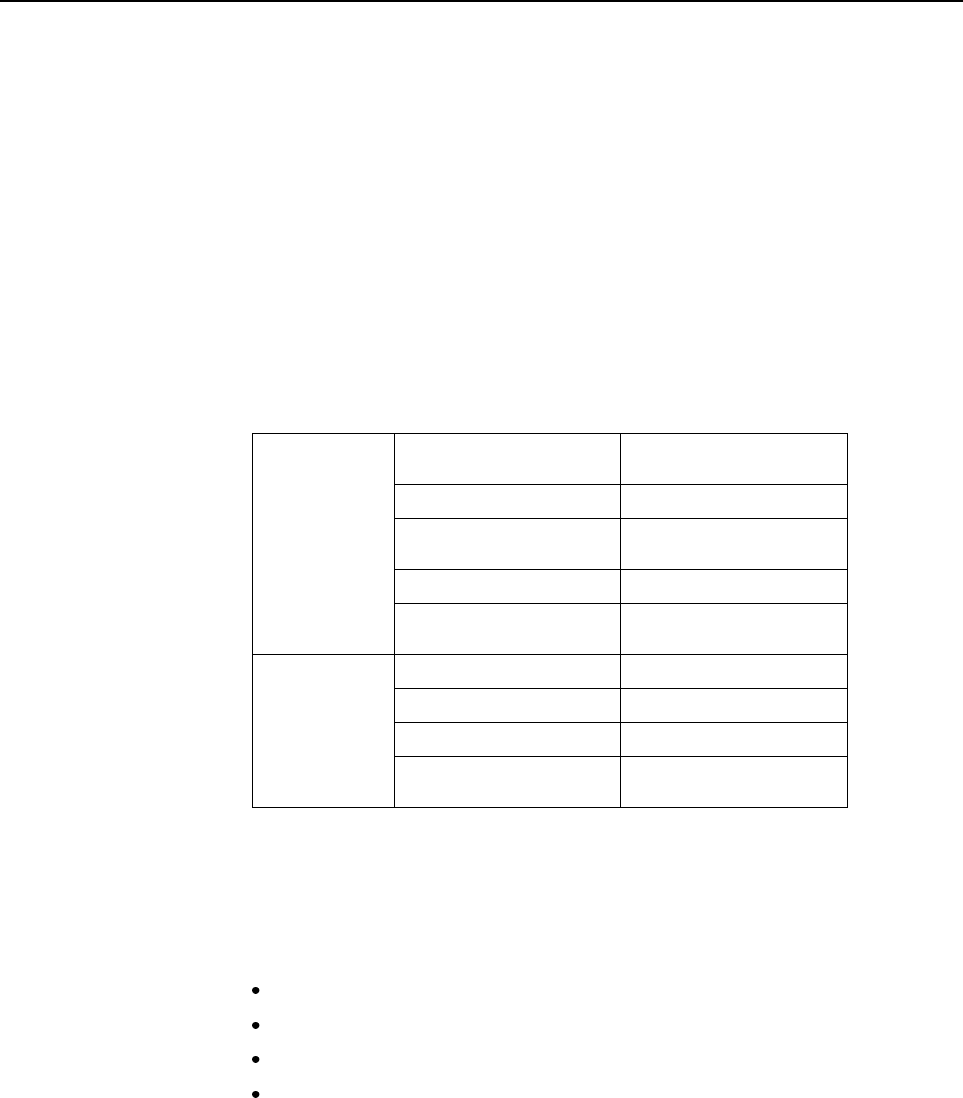
CHAPTER 12 External Interfaces
12.2 RS232C Interface
Overview The RS232C interface is the interface standard adopted by EIA (Electronic Industries Association)
in the USA in accordance with the CCITT (comite consultatif international telegraphique et
telephonique) recommendation. The connections should be made after the specifications have
carefully been checked for each of the adapters and controllers, since only the limited and necessary
codes in the RS232C standard are supported in them. The RS232C interface is an unbalanced
interface based on JISX5101 (former JISC6361) and CCITT V.24/V28.
Moreover, care must be taken not to confuse the signal names which may differ from equipment to
equipment.
Electrical Rating Specifications
The following rating specifications must be met:
Table 12.4 Electrical Rating Specifications
Input circuits Input thresholds ON (0) at +3 V or higher, OFF
(1) at -3 V or lower
Input impedance 3 to 7 Kohm
Maximum allowable input +-25 V
voltage
Receiving margin 45% or more
RV element used SN75C1406 or SN75189AN
(products of TI) or equivalent
Output circuits Output voltages +5 V to +15 V, -5 V to -15 V
Output impedance 300ohm or less
Maximum output current +-0.5 A or less
DV element used SN75C1406 or SN75188AN or
equivalent
Connecting cables
Use shielded pair cables that meet the following specifications. The signal return lines should be
gathered together to be connected to the SG (signal ground) at both ends.
DC resistance (per pair, both ways): 300 ohm/km or less
Capacitance between lines (between pairs): 70 PF/m or less
Cable length: 100 m or less
Cable screen: Shielded cables
Table 12.5 lists the definitions of signal line.
148


















